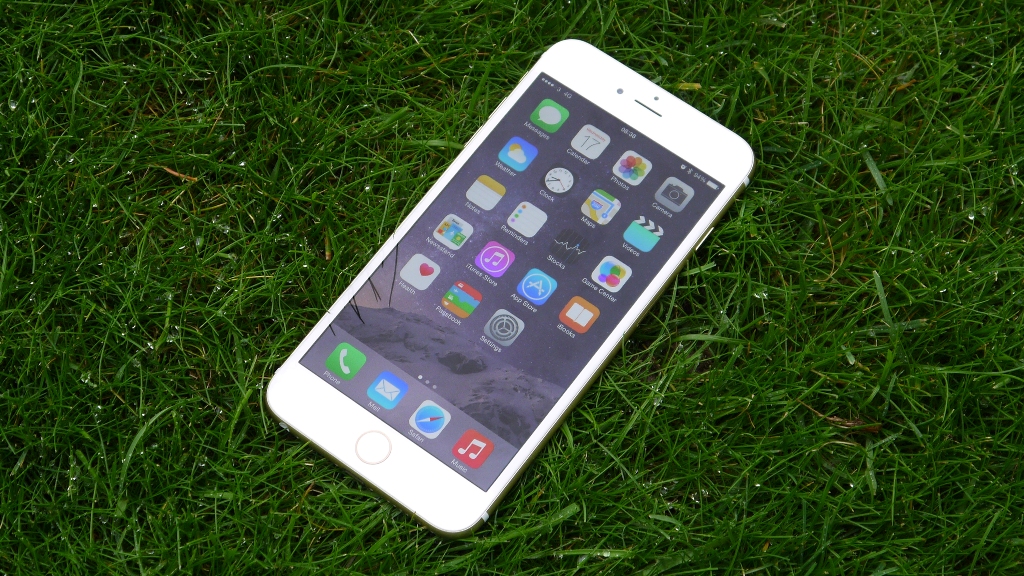Documents show that Apple seemingly knew ‘Bendgate’ could happen
Along with touch disease

Apple’s iPhone range hasn’t been entirely devoid of problems over the years, with one of the most notorious being ‘Bendgate’ – the issue of iPhone 6 and iPhone 6 Plus handsets bending.
It’s also an issue that it turns out Apple may have known about before selling the phones.
According to information made public in a court filing obtained by Motherboard, Apple found that the iPhone 6 was 3.3 times more likely to bend than the iPhone 5S, and the iPhone 6 Plus was 7.2 times more likely to bend, yet when the problem came to light Apple maintained that there were no engineering issues.
Long after Bendgate, another issue was faced by the same iPhone models, namely ‘touch disease’, which referred to the touchscreen only working intermittently, and which was seemingly caused by bending associated with normal use, such as putting the phone in a tight pocket.
Ongoing issues
Touch disease first started being reported in early 2016, and in November 2016 Apple made a statement saying that touch disease only happens after iPhones are “dropped multiple times on a hard surface and then incurring [sic] further stress on the device.”
Yet these documents assert that Apple started to quietly reinforce the part of the logic board associated with touch disease in May 2016
Apple did finally go some way to acknowledging the issue – or at least making amends for it – by reducing screen repair costs for affected handsets from $349 (around £260 / AU$460) to $149 / £146.44 / AU$228.95, but many users weren’t satisfied by this, which has led to an ongoing lawsuit and this new information coming to light.
Sign up for breaking news, reviews, opinion, top tech deals, and more.
James is a freelance phones, tablets and wearables writer and sub-editor at TechRadar. He has a love for everything ‘smart’, from watches to lights, and can often be found arguing with AI assistants or drowning in the latest apps. James also contributes to 3G.co.uk, 4G.co.uk and 5G.co.uk and has written for T3, Digital Camera World, Clarity Media and others, with work on the web, in print and on TV.